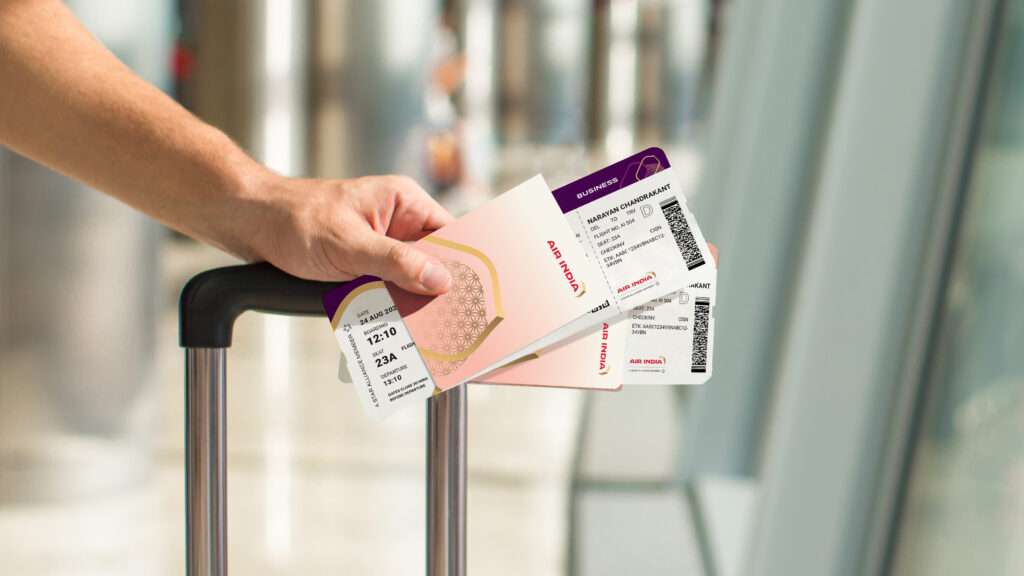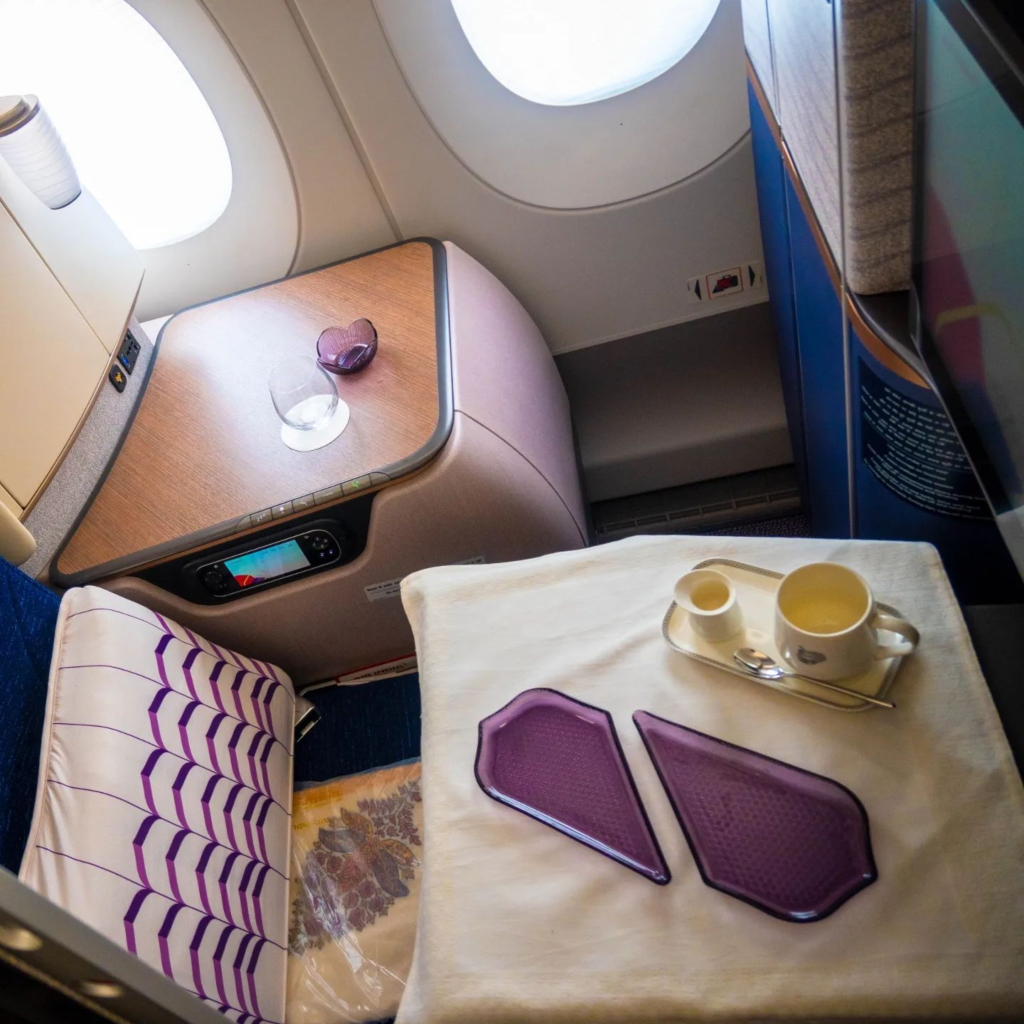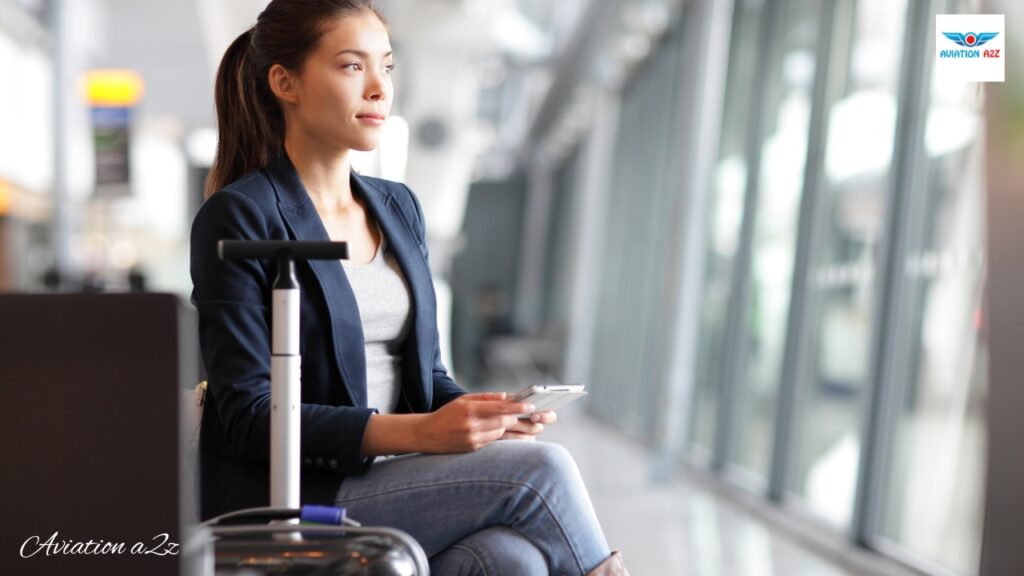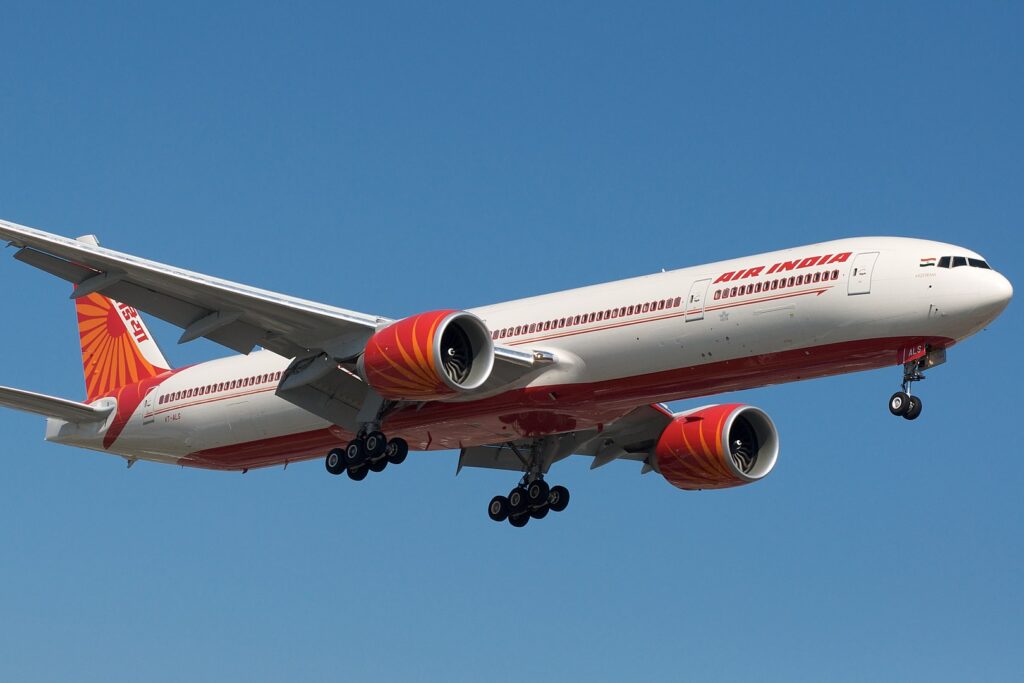DELHI- Recently, a woman’s mother, holding a business class ticket, was unexpectedly accommodated in economy class during an international flight operated by Air India (AI). This incident came to light through her social media post on March 27, 2024.
In her post on X, she expressed her dismay directly to @airindia, questioning how her mother’s business class seat was given to someone else on a long-haul flight from Delhi (DEL) to Washington DC (IAD).

Air India Business-Class Passenger Incident
Initially informed that the seat didn’t recline and later informed it was designated for the crew, her mother eventually discovered someone else occupying it as she was directed to the economy section.
The boarding pass clearly indicated a business class seat for her mother. Furthermore, she highlighted that her mother, who has health issues and paid a premium fare for comfort, was warned by the Delhi ground staff that her luggage would be offloaded if she didn’t comply and accept the economy seat.
Saumya Brajmohan, Partner at Solomon & Co., a century-old law firm, noted to ET that due to the swift growth of air travel within India, particularly on international routes to and from India, coupled with a continuous rise in passenger numbers, there has been a recurring occurrence of airlines downgrading passengers.
“Downgrading passengers involves transferring a passenger to a lower class during check-in for various reasons,” she explained.

What to do if this Happens?
If you find yourself in this situation at the airport, according to Brajmohan, the airline can only decide to downgrade a passenger’s travel class, typically due to inoperative seats, aircraft changes, overbooking, and similar factors.
Brajmohan also highlights that if a passenger experiences downgrading, the Directorate General of Civil Aviation (DGCA) has introduced an amendment, effective from February 15, 2023, within Section 3 of the Air Transport, Series M, Part IV of its regulations titled ‘Facilities to be provided to passengers by airlines due to denied boarding, flight cancellations, and flight delays.’
This amendment entails reimbursement for passengers involuntarily downgraded in the following manner:
For the domestic sector:
- 75% of the ticket cost, inclusive of taxes.
For the International Sector:
- 30% of the ticket cost, including taxes, for flights of 1500 km or less.
- 50% of the ticket cost for flights between 1500 km to 3500 km, including taxes.
- 75% of the ticket cost, including taxes, for flights exceeding 3500 km.
According to Brajmohan, a downgrade from a passenger’s perspective can be perceived as unjust and likely to cause inconvenience within the existing regulations.
“The recourse available to the passenger would primarily involve reimbursement. If the passenger feels inadequately reimbursed according to the regulations, Solomon & Co. asserts that the passenger can first lodge a grievance through the Air Sewa App or Portal (https://airsewa.gov.in/home). Should the grievance remain unresolved for an unreasonable period, the passenger can then proceed to approach the appropriate consumer forum with a complaint against the airline, seeking compensation and damages as applicable,” Brajmohan stated.
In line with the passenger’s social media post on X, “We intend to lodge a complaint formally and, if necessary, pursue legal action. @airindia must understand that they cannot disregard the rights of paying customers.”

Speak Out in Social Media
Speaking up proved beneficial for the passenger in receiving compensation. In the aforementioned case, the airline compensated the passenger following their complaint.
The individual shared an update on X (formerly Twitter), stating, “Here’s the update: they’ve reimbursed 75% of the fare and provided an upgrade voucher (quite laughable). The ground staff in Delhi were incredibly rude and displayed disgraceful behavior. Despite my mother being listed as a business class passenger in the flight manifest, she was relegated to economy class.”
Under what circumstances can an airline legally downgrade a passenger’s flight seat?
According to an aviation lawyer who preferred not to be quoted directly, airline operators and their crew may occasionally find it necessary to downgrade tickets due to various factors, including:
(a) General reasons: Examples include unserviceable seats, aircraft changes, overbooking, etc. In such instances, airline operators are typically obligated to reimburse the flight ticket charges and taxes.
(b) Force majeure reasons: These encompass extraordinary circumstances such as political instability, natural disasters, civil unrest, floods, explosions, government regulations, etc., which impede the airline operator’s ability to maintain regular flight operations or are beyond their control. In such cases, the reimbursement policy may not be applicable.
However, the Directorate General of Civil Aviation (DGCA) has not established a specific rule delineating when an airline can downgrade a passenger’s seat. “The DGCA has not provided a specific rule or guideline outlining the criteria for involuntary downgrading,” states Brajmohan.
Stay tuned with us. Further, follow us on social media for the latest updates.
Join us on Telegram Group for the Latest Aviation Updates. Subsequently, follow us on Google News.

